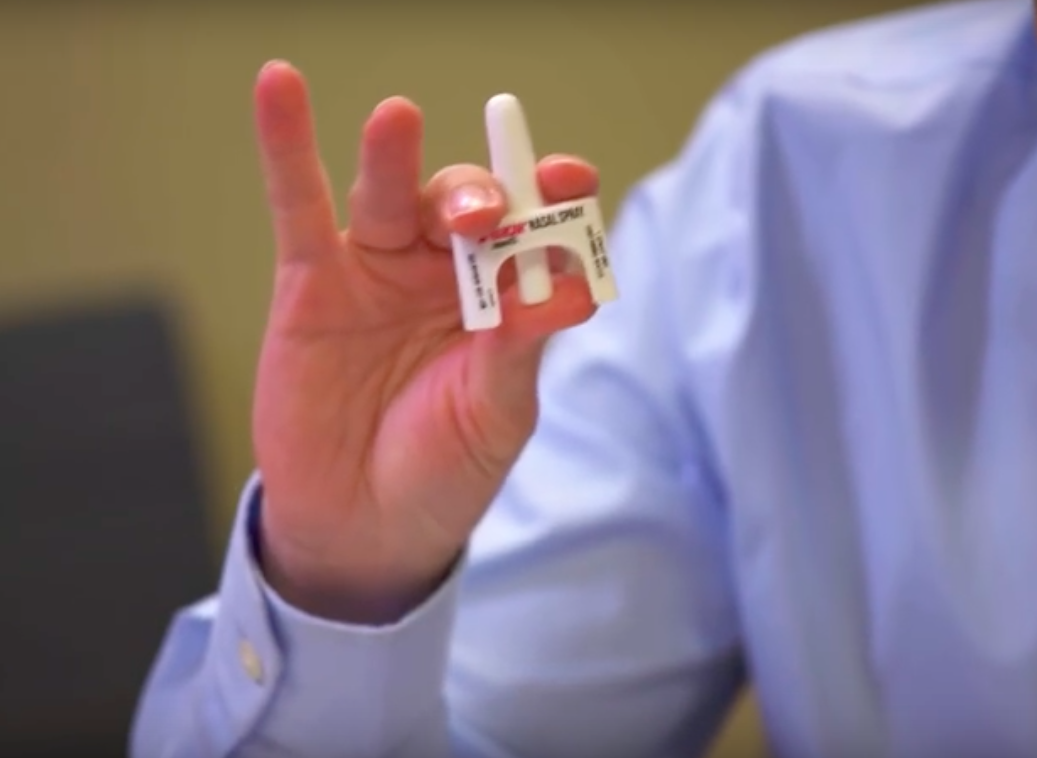
Officials in Cambridge, Massachusetts, are weighing a proposal that would place lockboxes containing the drug overdose antidote naloxone throughout areas of high drug use, to encourage Good Samaritans to take action when someone is ODing in public.
In the event of an OD, a passerby would call 911 to speak with a dispatcher and get the passcode to open the box. Then the dispatcher would teach the Good Samaritan how to administer the drug so they may revive the individual. Officials compare the idea to automated external defibrillators (AEDs) which are available to bystanders in the event of a person going into cardiac arrest.
Naloxone (also known by the brand name Narcan) works by reversing the effects of opioid overdose. A person experiencing an opioid overdose will experience a slowed breathing and heart rate, due to depression of the central nervous system and respiratory system. Naloxone, an opioid antagonist, can reverse these effects and allow the individual to breathe normally.
According to the New York Times, five people die every day of opioid overdose in Massachusetts.
City police and health officials recently staged a fake overdose scenario using a mannequin placed on the ground near a busy area. Strangers passing by were asked to try and revive the victim by calling a (pretend) 911 dispatcher, accessing the lockbox, and administering Narcan to the mannequin.
Dozens of passerby agreed to test the lockbox experiment. “We want to see if regular people walking down the street would be willing to help someone who appeared to be overdosing,” said Dr. Scott Goldberg, director of emergency services at Brigham & Women’s Hospital who oversaw the experiment. “And if they were willing to help, would they be able to help?”
The NYT reporter noted the participants’ mixed reactions to the trial run. Some of the volunteers said the lockboxes were a positive thing that would save lives. “It empowers the people who have the capability to help their neighbors,” said one volunteer. Others weren’t too keen on the idea. “It’s an encouragement for people,” said a local business owner. “And it would be stigmatizing to the store.”
But officials say that having quick access to the life-saving drug is a matter of life or death, and can buy the victim some time before paramedics arrive, and lessen the extent of brain damage they suffer.
“If a Good Samaritan is willing to utilize a service like this, it could mean providing a faster response to an individual who has overdosed,” said Jeremy Warnick, spokesman for the Cambridge Police Department. “And shortening that response time could mean the difference between life or death.”